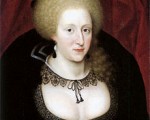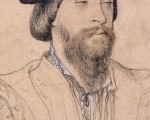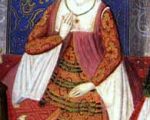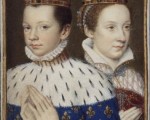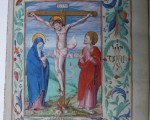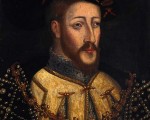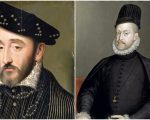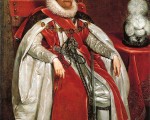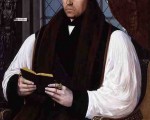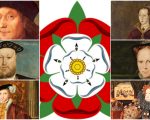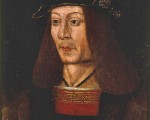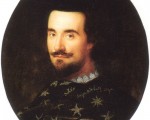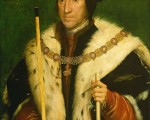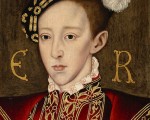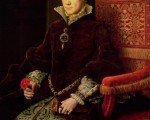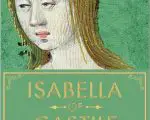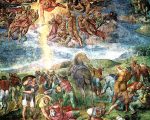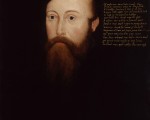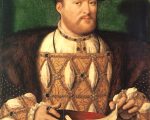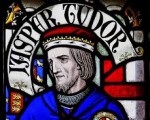On this day in history…
24th April:
1536 – Commissions of oyer and terminer set up by Thomas Audley, Lord Chancellor. These particular commissions were for offences committed in the counties of Middlesex and Kent, and covered the crimes of misprision, treason, rebellion, felonies, murder, homicide, rioting, plotting, insurrection, extortion, oppression, contempt, concealment, ignorance, negligence, falsities, deception, conspiracy and being an accessory to these crimes. It is not known whether they were set up specifically to try the men who would later be charged with committing adultery with Queen Anne Boleyn.
1545 – Baptism of Henry Wriothesley, 2nd Earl of Southampton, at St Andrews, Holborn. He was the son of Thomas Wriothesley, 1st Earl of Southampton and 1st Baron Wriothesley, Henry VIII’s Lord Chancellor.
1549 – Death of Ralph Neville, 4th Earl of Westmorland, English peer, soldier and Privy Councillor. He was buried at Staindrop in County Durham. Neville was one of the peers who sat in judgement on Anne Boleyn in May 1536 and served Henry VIII as a soldier in the North of England and borders, and Edward VI in Scotland.
1551 – Execution of Dutchman George van Parris, surgeon and religious radical at Smithfield. He was burned at the stake for Arianism (denying the divinity of Christ).
[Read More...]
